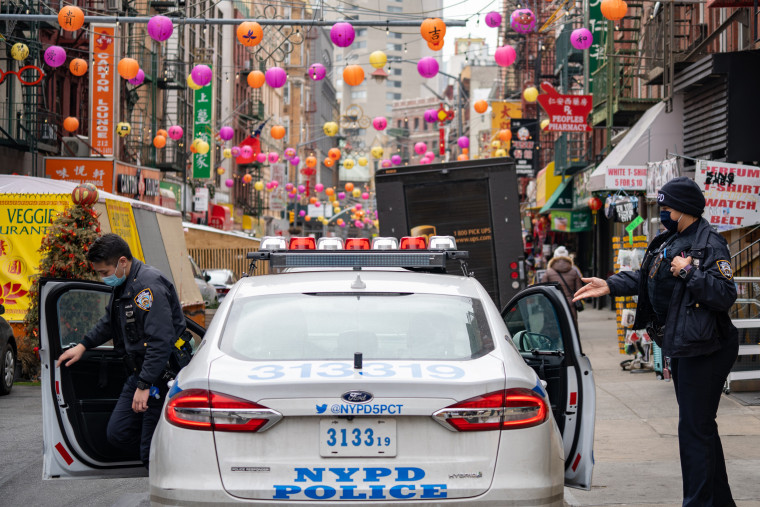The rise in activism to combat pandemic-era discrimination and violence against Asian Americans and Pacific Islanders not only raised awareness, but raised money.
In recent years, the “Stop Asian Hate” movement has generated a windfall of funding for AAPI-run nonprofits and businesses that their leaders say have been indispensable. With the health crisis receding and the economy slowing, organizations say they are now focused on maintaining their momentum and caution against a reversal in recent gains.
The flood of donations and investment has spurred AAPI-led businesses ranging from food delivery startups to political engagement advocacy groups.
The Asian American Foundation, launched in 2021, said it landed over $1 billion in commitments. His supporters include corporate partners like Amazon and Nike, as well as foundations like the Chan Zuckerberg Initiative. The foundation, in turn, has directly funded organizations aligned with its initiatives to counter Asian hate, improve access to AAPI studies, support the arts, and increase representation in business.
Among the more than 100 grantees who have received funds from the foundation: Asian Americans Advancing Justice, Asian American Education Project, and Center for Asian American Media.
Generally speaking, the nonprofit space has grown in magnitudes since 2020.
Leadership Education for Asian Pacifics, a Los Angeles-based group whose goal is to improve representation in classrooms and boardrooms across the country, doubled its revenue.
While grateful for the growth, Leadership Education President and CEO Linda Akutagawa said she worries about the «cyclical nature» of nonprofit funding. “It goes in and out, or it stops,” she said.
Before high-profile discrimination and the rise of hate crimes against Asian Americans in recent years brought attention to AAPI causes across the country, many had historically been overlooked for charitable contributions. A 2018 study by Asian American/Pacific Islanders in Philanthropy found that for every $100 donated by foundations for philanthropic purposes, only 20 cents were given to AAPI communities.

“I hope that what I’m seeing is just a small problem” that starts a sustained increase in support, Akutagawa said, “so that there’s at least a little more equity in the support that we’re getting from philanthropic entities. ”
Entrepreneurs have also seen a flood of money coming recently, a welcome development after widespread hardship early in the pandemic, when Asian-American companies were hit particularly hard. Many of those companies, which may have experienced more barriers when applying for Paycheck Protection Program loans, continue to operate with reduced margins.
in a survey 2022 Of more than 700 AAPI business owners, the Asian/Pacific American National Chamber of Commerce and Entrepreneurship found that two out of three businesses needed additional credit or financing in the past year to stay afloat.
While growing her Brooklyn-based food delivery service, Umamicart, Andrea Xu raised funding from Gold House Ventures, a nonprofit collective that helped promote the Oscar-winning film «Everything Everywhere All at Once.» Last year, Gold House launched a $30 million venture fund thanks to investments from individual donors, including DoorDash CEO Tony Xu and TV host and author Padma Lakshmi, as well as venture firms like Lightspeed. and Bain Capital.

